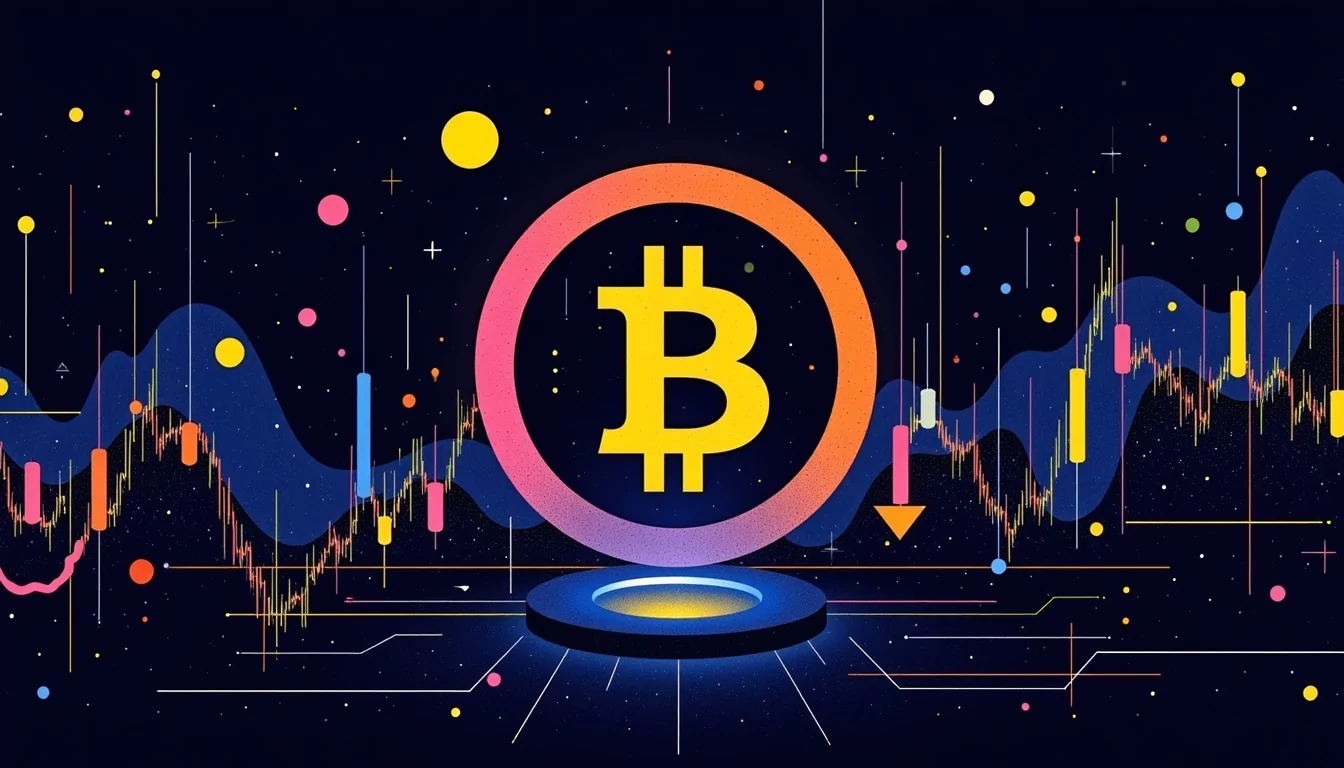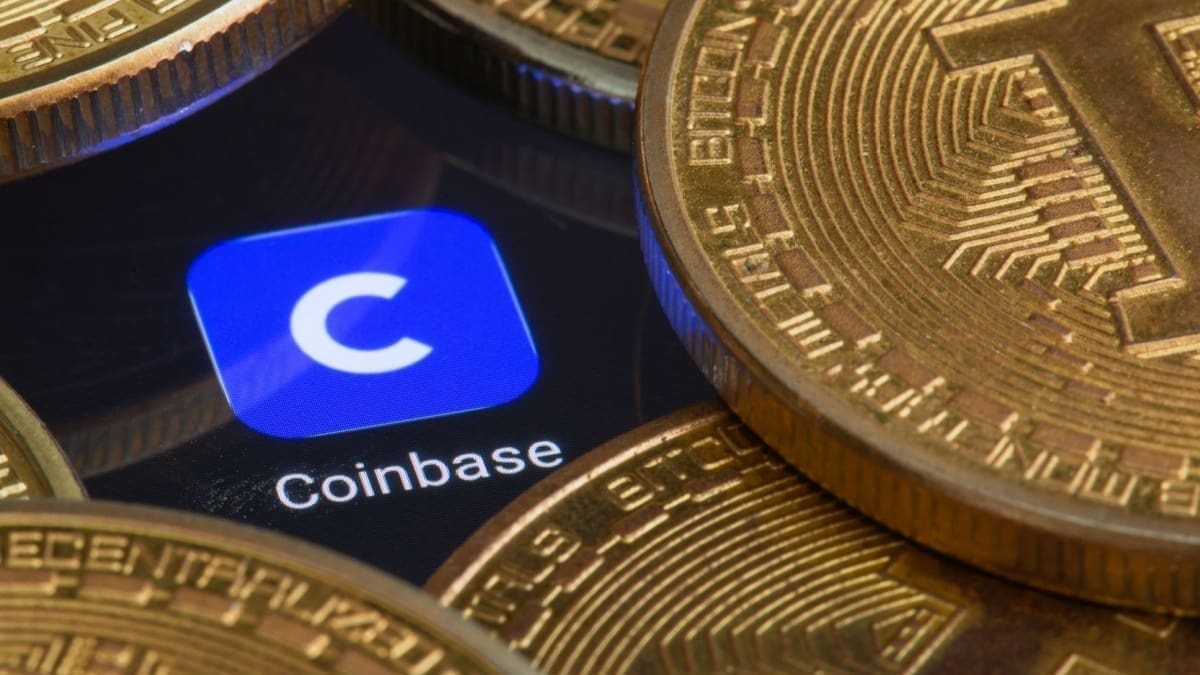Market Stability Amid Global Tensions
This past week in the crypto landscape revealed broader implications for both investors and nations, as regulatory developments triumphed amidst global unrest. The market faced significant turmoil, but regulatory actions indicate a thoughtful approach to integrating cryptocurrency into traditional finance.
Vietnam Takes the Lead
On Monday, Vietnam made headlines by advancing a bill aimed at regulating crypto assets. This step marks a significant move toward formalizing digital currencies in the country, reflecting a growing trend among nations to bring cryptocurrencies under governmental oversight. Such regulations can provide clarity for investors and enhance the legitimacy of crypto transactions.
Ripple Effects of Geopolitical Strife
Meanwhile, tensions between Israel and Iran had immediate ramifications in the digital currency market, with approximately $135 billion lost in market capitalization. The conflict not only affected the general economic climate but also directly influenced crypto networks, evidenced by a major hack of the Iranian exchange Nobitex, linked to the pro-Israel faction. This incident exposes how interconnected geopolitical events can disrupt the crypto economy and lead to investor anxiety.
Regulatory Milestones in the U.S.
On Tuesday, the U.S. Senate passed the GENIUS Act, a major development that paves the way for establishing federal licensing rules for cryptocurrencies. This proposal now advances to Congress, furthering the U.S. intent to regulate stablecoins, which could play a pivotal role in stabilizing the market amid economic uncertainties.
European Expansion and Local Developments
In Europe, OKX gained attention by launching fully regulated crypto exchanges in Germany and Poland, signaling an ambitious expansion in the region. Simultaneously, Ohio passed legislation aimed at benefiting consumers by exempting crypto purchases below $200 from capital gains taxes. This could significantly alter how cryptocurrency is integrated into everyday financial transactions.
Investigation Casts Doubt
Tuesday also saw an alarming investigation by blockchain analyst ZachXBT, which uncovered connections between the WhiteRock project and the notorious Zkasino rug pull. The findings raised concerns that WhiteRock could potentially be used to launder funds linked to the theft of $33 million during Zkasino’s presale. Such revelations underscore the need for vigilant regulatory frameworks to protect investors from fraudulent schemes in the crypto space.
Challenges on the Horizon
Amid these developments, the U.S. Federal Reserve announced it would maintain interest rates in the 4.25% – 4.50% range, which indicates ongoing economic wariness and potential inflation risks. Investors are urged to remain cautious as the broader economic framework continues to evolve rapidly.
Trading Innovations and Security Concerns
As the week came to a close, Coinbase achieved a notable milestone by obtaining its MiCA license, allowing it to operate legally across all 27 EU member states. This expansion highlights a growing acceptance and official recognition of cryptocurrency in Europe.
Yet, not all news was positive. A significant security breach at CoinMarketCap raised alarm among users, with reports of phishing attempts encouraging them to verify their wallets. This incident serves as a stark reminder of the ongoing security challenges that the digital asset industry faces.
Looking Ahead
This week has brought forth both regulatory progress and stark warnings from the global market. As the crypto community navigates these developments, stakeholders must remain aware of both opportunities and potential pitfalls in an ever-evolving landscape.



